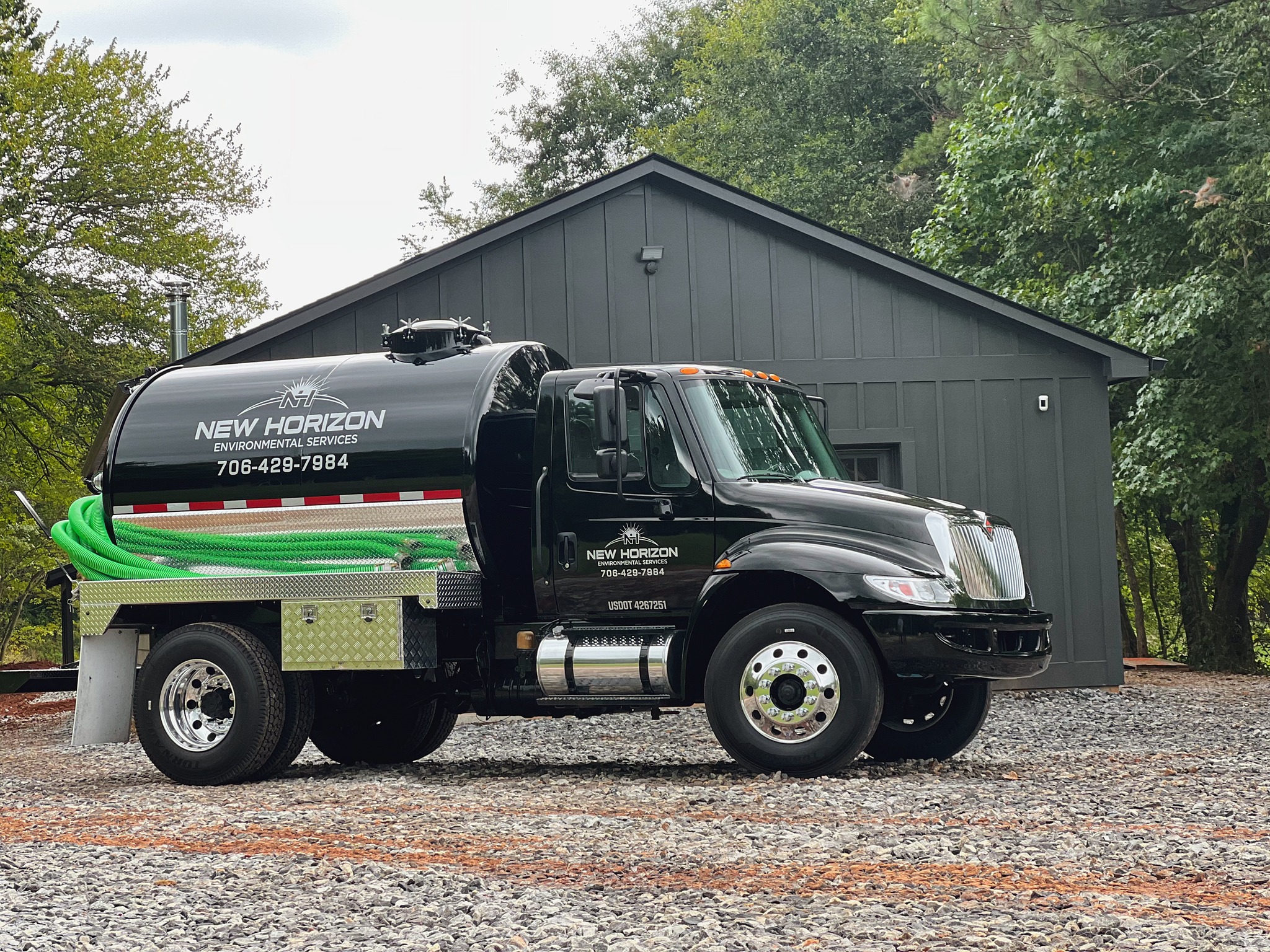
Optimizing Septic Systems for a Greener Tomorrow Oct 03, 2025
The first step towards a sustainable septic system is regular maintenance. Just like any household appliance or system, periodic inspections ensure everything runs smoothly and efficiently. New Horizon Environmental Services recommends annual inspections by experienced professionals. Regular check-ups help identify potential issues such as leaks or blockages before they become costly problems. By ensuring your septic takes care of waste effectively, you inadvertently reduce the risk of groundwater contamination, protecting local ecosystems.
Mindfulness about what goes down the drain is equally important. Septic systems rely on a delicate balance of bacteria to break down waste, and introducing harmful chemicals or non-degradable materials disrupt this balance. Avoid flushing items like sanitary wipes, diapers, or using excessive household chemicals. Not only do these practices safeguard the system, but they also promote broader environmental health by preventing chemical contamination and reducing landfill waste.
Furthermore, water conservation is another critical aspect of optimizing septic systems for sustainability. Excessive water usage can overload your septic tank, leading to system failure or untreated waste entering the environment. Implementing water-saving measures such as installing low-flow faucets and toilets can significantly reduce water consumption. Moreover, addressing leaky fixtures promptly helps ensure that your septic system functions within its capacity, extending its lifespan and reducing environmental impact.
Investing in innovative septic tank designs and technologies is another progressive step. Advanced treatment systems use state-of-the-art technology to treat waste more efficiently before it reaches the drain field. These systems can greatly reduce the environmental footprint of traditional septic systems by minimizing the risk of harmful pathogens entering the soil and water sources. Consult with New Horizon Environmental Services to explore these cutting-edge options and how they can be integrated into your existing setup.
Landscaping around the septic system also plays a vital role in its optimization. Trees and plants can potentially interfere with your septic tank and drain field if their roots penetrate the structure. It is wise to plan landscaping carefully; choose plants with shallow root systems, and maintain a safe distance from the septic components. A simple change in your yard’s layout can prevent significant damage and promote the longevity of the septic system.
Education is the ultimate tool in fostering sustainable practices. Spread awareness within your community about the benefits of septic system optimization. The collective effort of educated homeowners can bring about significant environmental change. Sharing insights and experiences can lead to community-wide adoption of green practices that enhance both personal and ecological well-being.
In conclusion, optimizing septic systems is a vital yet simple measure we can take toward achieving a greener future. By maintaining and updating our septic systems with care, mindful of water usage, and aware of environmental impacts, every household can contribute to a healthier planet. Partnering with experts like New Horizon Environmental Services ensures that these efforts are both effective and up-to-date, paving the way for sustainable living.
/filters:no_upscale()/media/f1b493ba-460f-4fbd-8c58-8747b128f420.jpeg)
/filters:no_upscale()/filters:format(webp)/media/4a02f1d5-29c6-491e-9807-2aee54d957fc.jpeg)